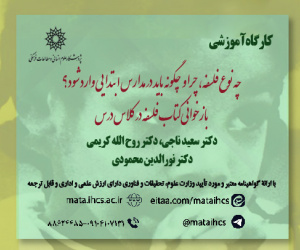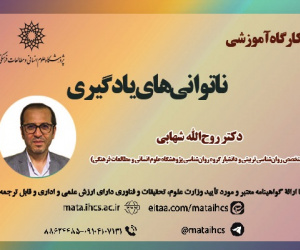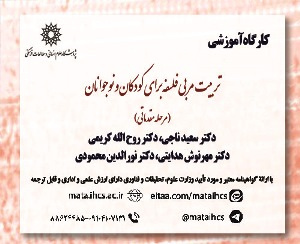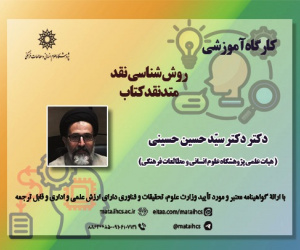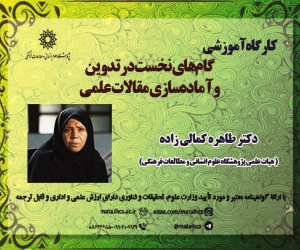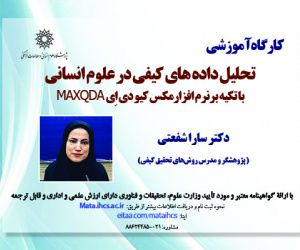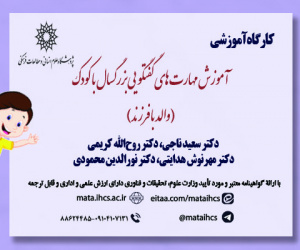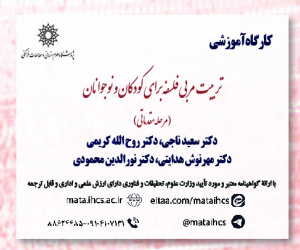عوامل مؤثر بر گرایش کارآفرینانه مبتنی بر رسانه های اجتماعی در میان دختران دانشجو (مقاله علمی وزارت علوم)
درجه علمی: نشریه علمی (وزارت علوم)
آرشیو
چکیده
در دنیای امروز، رسانه های اجتماعی به عنوان یکی از ابزارهای کلیدی در شکل دهی به رفتارهای اجتماعی و اقتصادی افراد شناخته می شوند. این رسانه ها نه تنها به بهبود ارتباطات اجتماعی کمک می کنند، بلکه می توانند به عنوان محرکی برای ایجاد انگیزه های کارآفرینانه در میان جوانان، به ویژه دانشجویان دختر عمل کنند. هدف از تحقیق حاضر بررسی عوامل مؤثر بر گرایش کارآفرینانه مبتنی بر رسانه های اجتماعی در بین دختران دانشجو بود. این پژوهش از نظر هدف، کاربردی و از نظر گردآوری داده ها، توصیفی- علی بود. جامعه آماری پژوهش شامل کلیه دانشجویان دختر مشغول به تحصیل در دانشگاه های دولتی در استان فارس بودند. روش نمونه گیری تصادفی طبقه ای بود که در نهایت 386 نفر مشارکت نمودند. ابزار گردآوری داده ها در این پژوهش، پرسشنامه بود که روایی و پایایی آن ارزیابی و تأیید گردید. برای تجزیه وتحلیل داده ها از آمار توصیفی و آمار استنباطی با استفاده از نرم افزارهای SPSS26 و Smart PLS4 بهره گرفته شد. یافته ها نشان داد لذت درک شده، نفوذ اجتماعی و منافع اجتماعی بر سودمندی درک شده تأثیر مثبت دارند. دانش فناوری بر سهولت درک شده و به مراتب سهولت درک شده نیز بر سودمندی درک شده و نگرش به رسانه های اجتماعی تأثیر مثبت دارد. همچنین سودمندی درک شده بر نگرش به رسانه های اجتماعی تأثیر مثبت داشته و نگرش به رسانه های اجتماعی بر کارآفرینی مبتنی بر رسانه های اجتماعی تأثیر مثبت دارد. در نهایت فیلترینگ بر کارآفرینی مبتنی بر رسانه های اجتماعی تأثیر منفی دارد. نتایج این پژوهش دستاوردهای مناسبی برای سیاست گذاران و برنامه ریزان در زمینه موضوع مورد مطالعه به همراه دارد.Factors Affecting Social Media-Based Entrepreneurial Intentions Among Female University Students
In today's world, social media is recognized as a key tool in shaping individuals' social and economic behaviors. 1 These platforms not only improve social communication but also act as a catalyst for fostering entrepreneurial motivations among young people, especially female students. The aim of this research was to investigate the factors affecting social media-based entrepreneurial intentions among female university students. This research was applied in terms of purpose and descriptive-causal in terms of data collection. The statistical population included all female students enrolled in public universities in Fars province, Iran. Stratified random sampling was used, resulting in 386 participants. The data collection tool was a questionnaire, whose validity and reliability were evaluated and confirmed. Descriptive and inferential statistics were used to analyze the data, employing SPSS26 and Smart PLS4 software. The findings showed that perceived enjoyment, social influence, and social benefits positively affect perceived usefulness. Technological knowledge positively affects perceived ease of use, and in turn, perceived ease of use positively affects perceived usefulness and attitude towards social media. Additionally, perceived usefulness positively affects attitude towards social media, and attitude towards social media positively affects social media-based entrepreneurship. Finally, filtering has a negative impact on social media-based entrepreneurship. The results of this study provide valuable insights for policymakers and planners in the field of study.
